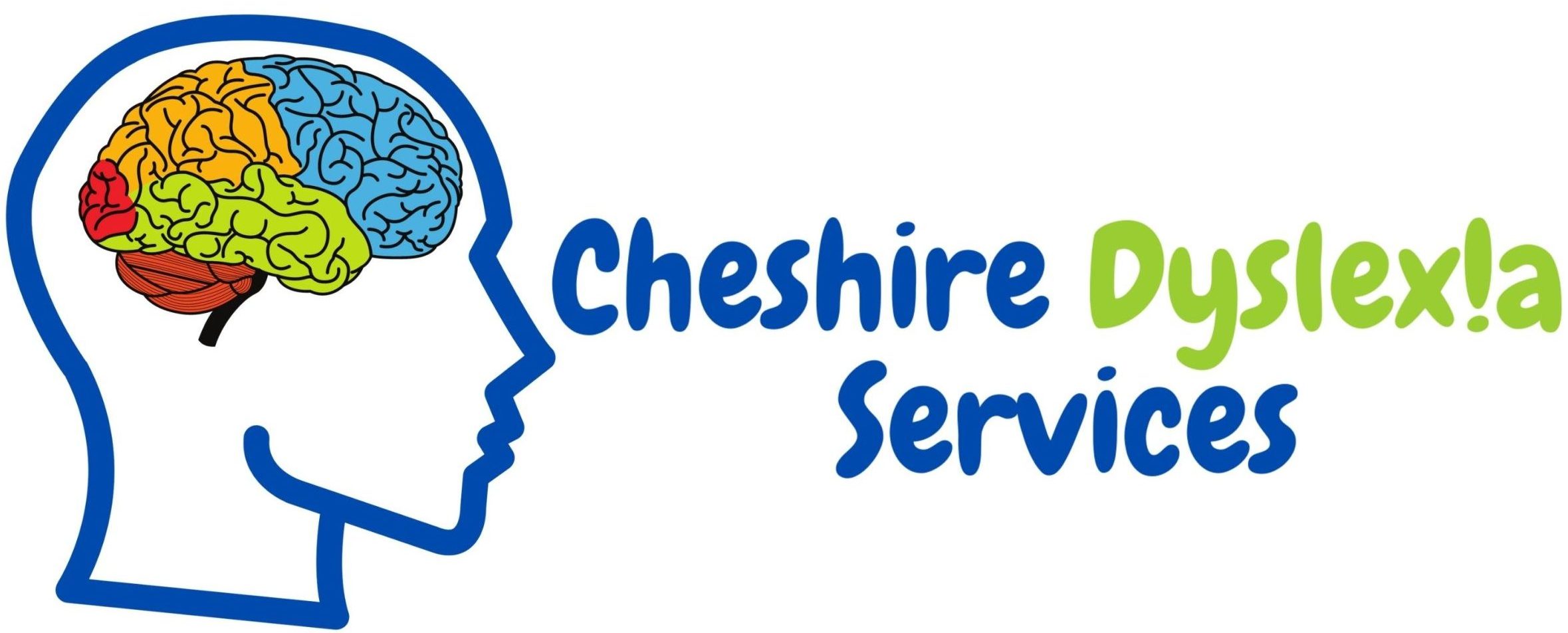Supporting a Child with Dyslexia – Practical Tips for Parents
At Cheshire Dyslexia Services, we understand how important it is for parents to feel confident and empowered when supporting a child with dyslexia. While every child is unique, there are practical steps you can take at home to help build your child’s confidence, support their learning and reduce frustration.
Below are some helpful tips and strategies you can use day-to-day:
USE MULTI-SENSORY LEARNING
Children with dyslexia often benefit from learning that involves more than just listening or reading. Aim to make their learning interactive. Maybe they could write their spellings in a sand tray or via using magnetic letters.
Engaging more senses can help reinforce learning and make it more enjoyable. How creative can you be?
Support with Organisation
Dyslexia can sometimes impact memory, attention and organisation. Use checklists, visual timetables and reminders to help with daily routines or homework. Colour-coding notebooks or folders by subject can also make school life feel more manageable. Older children may benefit from being shown how to use an electronic calendar, where they can set reminders.
USE TECHNOLOGY TO HELP
There are many tools available to support reading and writing skills. Maybe your child could trial using text-to-speech software (Immersive Reader), or electronic spellcheckers. Audiobooks are also brilliant! These tools are not "cheating", they are support tools that can help your child access learning with greater independence.
FOCUS ON STRENGTHS, NOT JUST STRUGGLES
Dyslexia is just one part of your child’s learning profile. Many children with dyslexia are highly creative, curious and strong in areas like problem-solving, verbal reasoning and big-picture thinking. Celebrate their strengths, hobbies and interests - whether it’s art, building things, music, storytelling or sport. Confidence is key.
CREATE A CALM, SUPPORTIVE ENVIRONMENT
Children with dyslexia often experience anxiety around reading, writing or schoolwork. Having a calm, patient approach makes a big difference. Praise effort, not just results and reassure them that it's okay to find things hard sometimes. Remind them that they are not alone and that things can improve with the right support.
READ TOGETHER REGULARLY
Reading with your child, even for short daily sessions, helps them build fluency and confidence. Take turns reading or read to them while they follow along. Audiobooks are also a great way to develop vocabulary and comprehension without the stress of decoding every word.
KEEP IN TOUCH WITH SCHOOL
Work together with your child’s teachers to understand what support is in place and what strategies are working. Regular communication can help ensure consistency between school and home, and raise any concerns early.
ENCOURAGE SELF-ADVOCACY
As your child grows, help them learn how to speak up about what works for them. Encourage them to express when they need help or when a certain strategy helps. Developing this confidence will be important as they move through school and beyond.
LANGUAGE
Dyslexia can impact the ability to note take accurately and it can also result in mispronunciation of common words. Some individuals often find that their words come out back to front and all jumbled up when speaking. If this happens, be patient.
GET SPECIALIST SUPPORT WHEN NEEDED
Every child’s needs are different. If you’re unsure whether your child is dyslexic or if they need tailored support, a diagnostic assessment can provide clarity and recommendations. At Cheshire Dyslexia Services, we offer full assessments and advice to support your child’s learning journey.
BE KIND TO YOURSELF TOO
Supporting a child with dyslexia can be emotional and sometimes overwhelming. You’re doing your best – and seeking help, like you're doing now, is a big step in the right direction. It is never too late.
